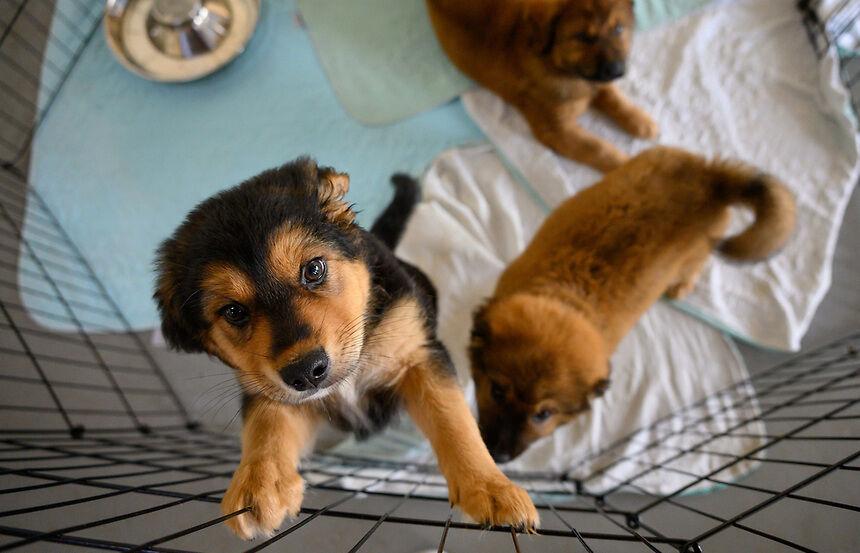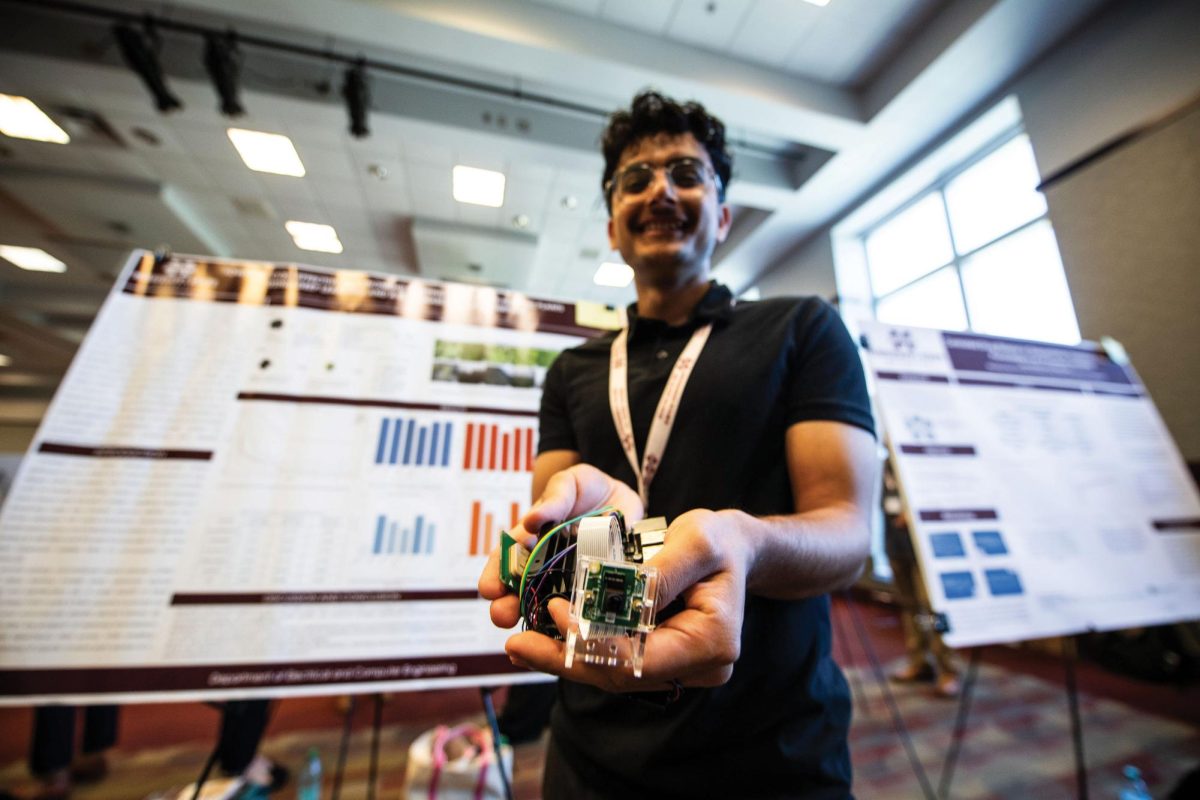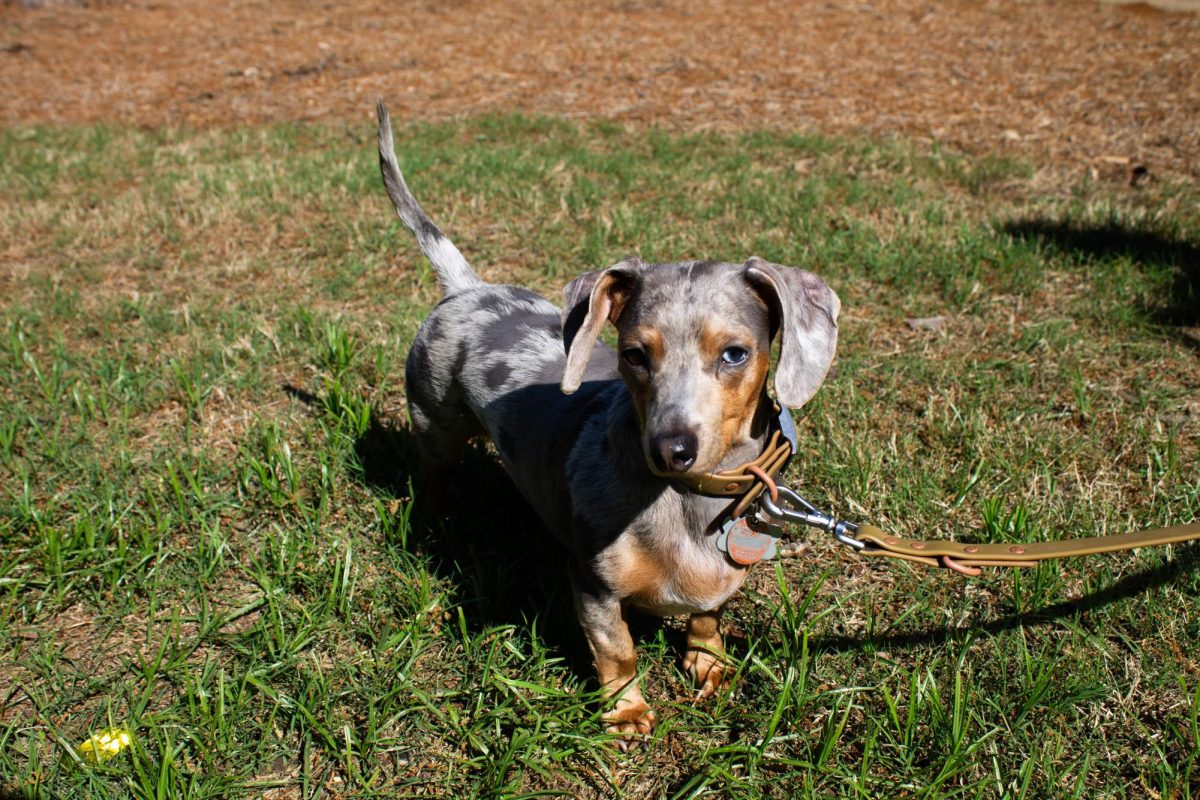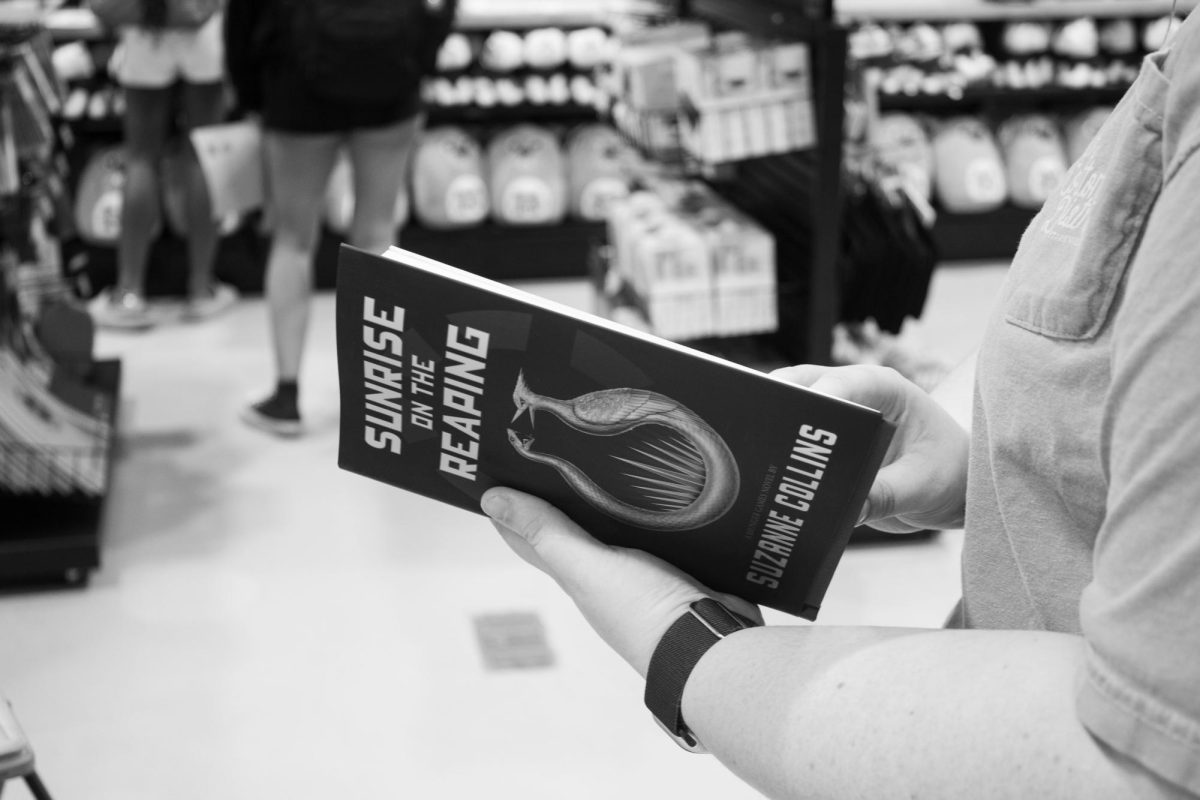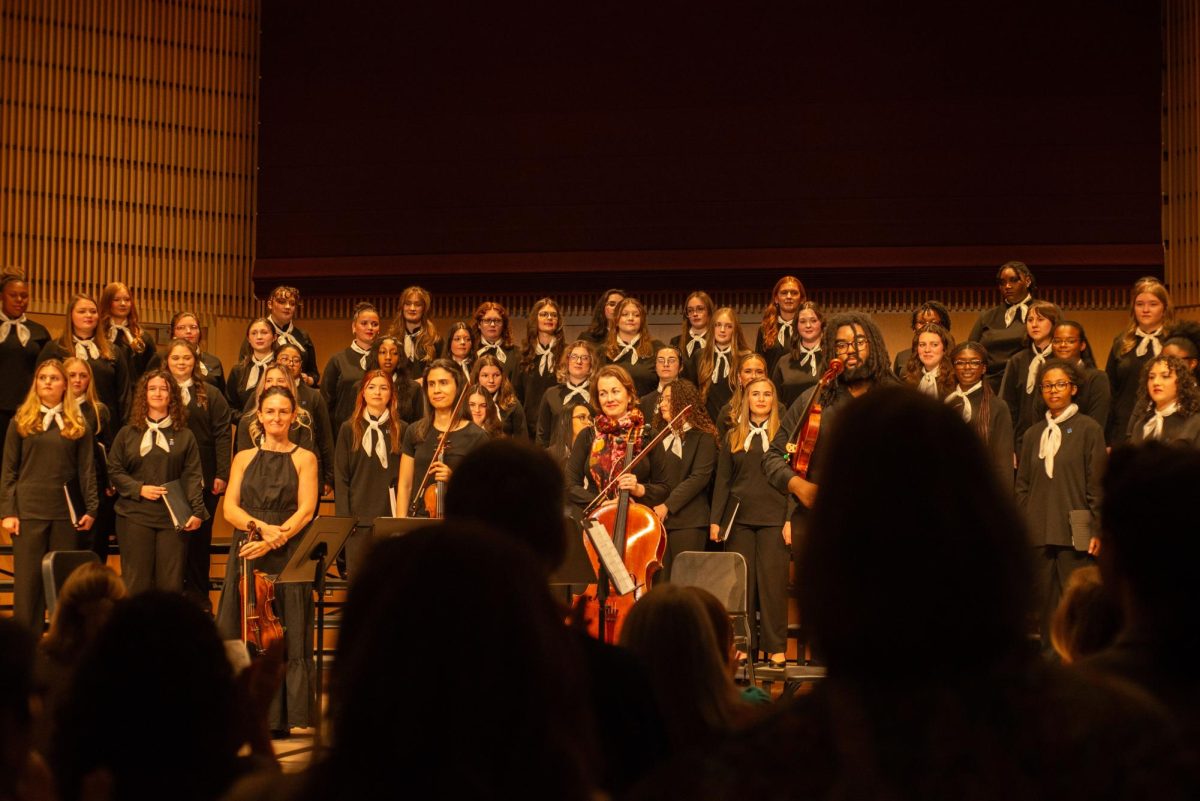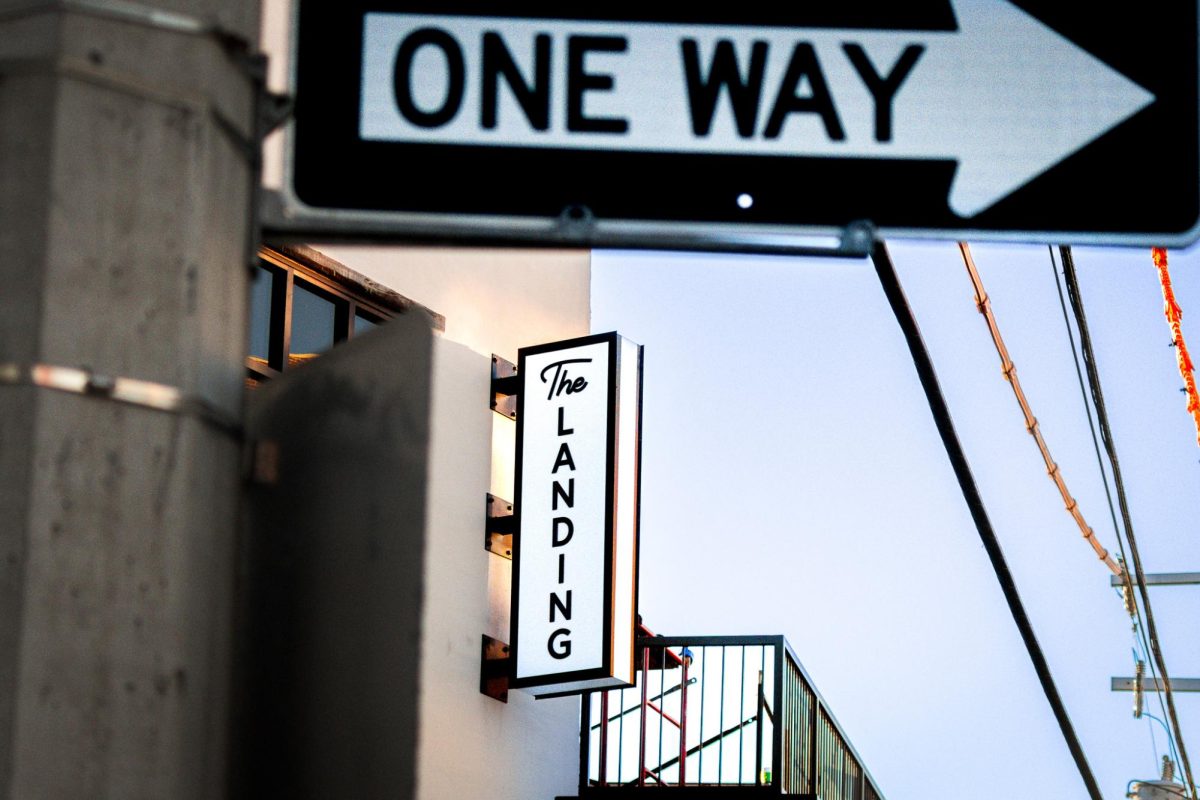Across the South, animal shelters are overrun with furry friends who need a home. Due to the region’s higher poverty rate, it is difficult to create enough low-cost clinics to spay and neuter, which leads to an overabundance of unwanted animals, wrote Tim Henderson for the Pew Research Center.
Enter the Homeward Bound Project of Mississippi, a Mississippi State University veterinary student-run, non-profit organization that transports dogs of various ages to partner shelters for Northerners wishing to adopt furry friends.
According to Terri Snead, director of operations for Homeward Bound, shelters run scarce up north while the demand for a pet is high. Harsh winters in these regions are not conducive to the type of stray dog reproduction that exists in the South.
Each year in the U.S., roughly 6.5 million animals enter shelters every year, and 4.1 million are adopted, according to the ASPCA.
Students at the MSU College of Veterinary Medicine (MSU-CVM) created Homeward Bound in 2007, and the group has successfully transported over 6,000 dogs.
Snead oversees the dog side of Homeward Bound. She has worked for MSU-CVM for 32 years and Homeward Bound for 13 years. She described how the non-profit acquires the animals.
“We have two sides to our program,” the Hattiesburg native said. “We take in stray puppies as our foster space allows. We also work with shelters to transport their dogs. We work with West Point and Clay County Humane Society; Animal Relief and Rescue Fellowship in Leland; Panola County Humane Society in Batesville and a few other small rescues.”
Until the dogs are transported to their forever families, they are temporarily taken to foster homes in Starkville. With partner locations in Connecticut and New York, Snead said Homeward Bound tries to keep in touch with its furry friends up north after they leave Mississippi.
“We have so many long-distance friends now that keep us updated on these dogs that we cared for,” Snead said. “Often, they send donations to ‘pay it forward’ for the next puppies to be rescued.”
As for the cats, the system differs. Emily Childers, a MSU-CVM veterinary technician, oversees the program’s cat operations. The cat program began in 2014 and helps the pets find homes within the state.
“While the dog program exists almost entirely as a transport organization, moving pups to partner shelters in the northeast, the cat program adopts out locally,” Childers said. “We place our cats via Petfinder, social media posts and in-store adoptions at Starkville Petsmart and Meridian Petco.”
She said the cats stay in foster homes before their official adoptions, mostly residing with MSU veterinary students who double as Homeward Bound volunteers seeking to gain valuable experience.
“Most of our fosters and all of our officers are vet students, so it helps expose them to shelter medicine and the intricacies of rescue-based organizations,” Childers said. “It also helps give them more experience with cats. (Homeward Bound) will definitely help them in the future as practicing veterinarians.”
In her 13 years with the non-profit, Snead has seen hundreds of Homeward Bound dogs bring Southern hospitality to their new homes up north. She reminisced about some of the dogs that changed U.S. veterans’ lives.
“One of the things I’m most proud of is that several of our dogs have been selected as companion dogs for veterans through Pets for Vets in Ridgefield, Connecticut, and are being trained to be service dogs through Putnam Service Dogs in New York,” Snead said.
Some of the foster dogs get their five seconds of fame participating in Pi Kappa Alpha Fraternity’s Pikes For Pups event, where students can visit the Pi Kappa Alpha house for some puppy love. The annual philanthropy event has been a Greek tradition for 11 years, and the proceeds go directly to Homeward Bound.
Ryan McMinn, a junior from Collierville, Tennessee, explained the details of the philanthropy event.
“The day of the event, we set up tents to keep the puppies out of the sun and go pick up the Homeward Bound Project transport van and the puppies,” McMinn said. “We set up a few different pens, set toys and water bowls out and put the puppies in the pens. In addition to the puppies provided to us, many of our members and close friends bring their dogs to the event.”
Over 500 people attended Pikes For Pups in fall 2022, raising $2,855 for the Homeward Bound Project.
All Homeward Bound animals are spayed and neutered, properly vaccinated, tested for heartworms and given flea/tick medications. They are also kept in Mississippi foster homes for 14 days before the expedition to their new homes.
As for the future of the non-profit, Snead said she hopes all pets find their way home.
“The hope is that, eventually, we won’t be needed,” Snead said. “But the reality is that we aren’t close to that point, so we plan to keep it in good hands for the foreseeable future.”
For details about volunteer opportunities and donating, visit homewardboundofms.org.
Homeward Bound gives furry friends new life up north
Courtesy Photo | Tom Thompson
The Homeward Bound Project, a veterinary student-run non-profit, transports dogs to shelters up north for individuals wishing to adopt.
0
Donate to The Reflector
Your donation will support the student journalists of Mississippi State University. Your contribution will allow us to purchase equipment and cover our annual website hosting costs.
More to Discover

